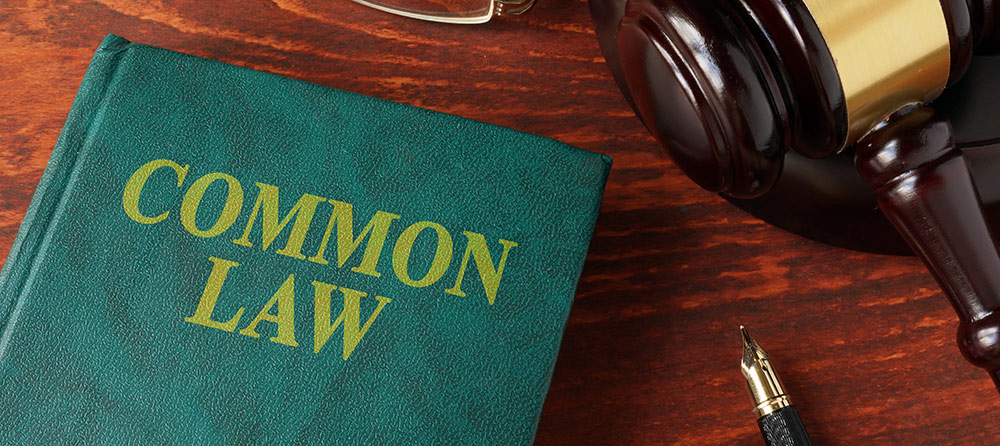A cohabitation agreement in a common law partnership
A cohabitation agreement in Ontario is a legally binding contract that spells out many of the particulars should you and your partner decide to formally separate. There are certain things a cohabitation agreement can’t do, such as:
- Specify who gets custody of your children
- Specify who has access to your children
- Spell out who will live in a matrimonial home if you legally marry — in which case a cohabitation agreement becomes a matrimonial agreement
What can a cohabitation agreement include?
This type of agreement is for the benefit of both parties in a common law arrangement. It can be a reflection of your unique, personal situation. Cohabitation agreements spell out the particulars if you decide to divide any property should you separate, and they can specify how you will handle any debts you incurred during the time of the partnership. The agreement can also speak to the specifics for future spousal support — who pays whom and for how long?
Also, there are certain legalities that automatically come into play whenever such a union dissolves, so it’s important to have a cohabitation agreement in place if you need a way to avoid particular legalities to protect your future interests. For instance, you may wish to protect your personal assets in the even that your relationship crumbles. Partners in a common law arrangement don’t normally share property when they separate, but a cohabitation agreement could change that if you and your partner agree to the terms.
Making sure the agreement is fair
Honesty is paramount in a cohabitation agreement. There should be no secrets. You both have to be up front about your financial picture. That means mentioning every penny, every asset and also debts. The agreement will be a snapshot of your finances. Should the agreement ever come into play, a judge will want to ensure it is fair and that it entails transparency. A judge will also need to know that neither of you put your signatures to the document while under any pressure from each other or a third party.
Finally, your written agreement should bear both of your signatures along with the date of signing. Those signatures must also have a witness whose signature should appear on the document as well.
A cohabitation agreement may contain many complexities, and acquiring legal counsel might be a wise decision prior to signing on the dotted line. A lawyer may help a client to better understand what such a document can and can’t do as well as what legalities the agreement should follow. It could prove crucial to have a firm grasp on the specifics within your agreement and how they are likely to affect your future should you and your partner separate.
Latest posts by Yoel Lichtblau (see all)
- How much does Divorce Cost in Ontario? - July 9, 2019
- 5 expensive mistakes to avoid during a divorce - March 5, 2019
- Who Gets Custody of A Pet When A Couple Separates? - November 19, 2018

